Sexual harassment has become ‘normalised’ for children and young people Ofsted review finds
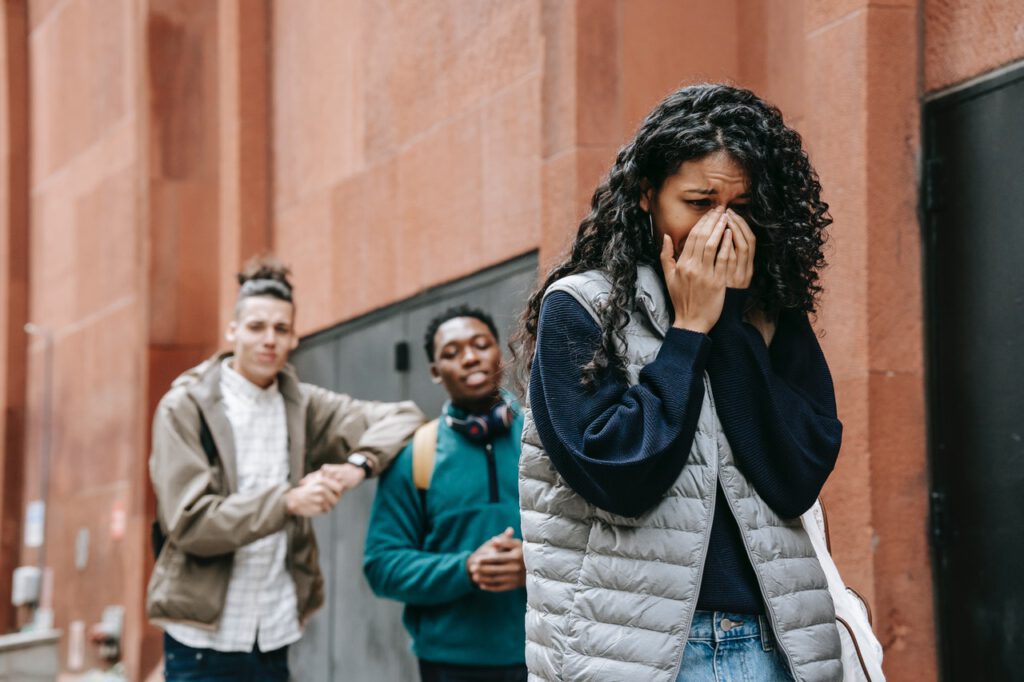
#EveryonesInvited: Dedicate staff training to handling sexual abuse and harassment in Schools #andColleges say @Ofstednews
Teachers and school leaders will be better supported to recognise sexual harassment and abuse and teach confidently about issues of consent, online pornography and healthy relationships.
School and college leaders will be encouraged to dedicate inset day time to help train staff on how to deal with sexual abuse and harassment among pupils and how to deliver the Government’s new compulsory Relationships, Sex and Health Education curriculum (RSHE).
Strengthened safeguarding guidance will also be introduced to boost teacher confidence in identifying and responding to these issues, as well as supervision to dedicated members of school and college staff in up to 10 more local authorities, whose role it is to identify safeguarding concerns among pupils, with a specific focus on sexual abuse.
The measures come as Ofsted publishes the findings from its thematic review into sexual abuse in education, commissioned by the Education Secretary in March following testimonies posted on the Everyone’s Invited website which highlighted cases of sexual abuse and harassment of children and young people, including in education settings.
 Education Secretary Gavin Williamson said:
Education Secretary Gavin Williamson said:
“Sexual abuse in any form is completely unacceptable. No young person should feel that this is a normal part of their daily lives – schools are places of safety, not harmful behaviours that are tolerated instead of tackled.
“Ofsted’s review has rightly highlighted where we can take specific and urgent action to address sexual abuse in education. But there are wider societal influences at play, meaning schools and colleges cannot be expected to tackle these issues alone.
“By reflecting young people’s real experiences in what they are taught, I hope more people feel able to speak up where something isn’t right and call out activity that might previously have been written off as ‘normal’.”
In its 8-week review, Ofsted looked at safeguarding measures in schools and colleges, as well as assessing whether extra support is needed for teaching about sex and relationships, working alongside social care, police, victim support groups, education leaders and the Independent Schools Council.
Ofsted’s findings demonstrate that incidents of harassment and abuse have been ‘normalised’ by their frequency, with the majority of the more than 900 children and young people surveyed experiencing some kind of unsolicited images or sexist comments – whether in person at school or college, or online or via mobile phone.
 Amanda Spielman, Her Majesty’s Chief Inspector, said:
Amanda Spielman, Her Majesty’s Chief Inspector, said:
“This review shocked me. It’s alarming that many children and young people, particularly girls, feel they have to accept sexual harassment as part of growing up. Whether it’s happening at school or in their social life, they simply don’t feel it’s worth reporting.
“This is a cultural issue; it’s about attitudes and behaviours becoming normalised, and schools and colleges can’t solve that by themselves. The government needs to look at online bullying and abuse, and the ease with which children can access pornography. But schools and colleges have a key role to play. They can maintain the right culture in their corridors and they can provide RSHE that reflects reality and equips young people with the information they need.
“I hope policymakers, teachers, parents and young people will read the report and work together to change attitudes and put a stop to harmful behaviour. Sexual harassment should never be considered normal and it should have no place in our schools and colleges.”
To address this, the Education Secretary Gavin Williamson and Culture Secretary, Oliver Dowden have asked the Children’s Commissioner Dame Rachel de Souza to join a roundtable discussion in the coming weeks with tech companies, law enforcement, children’s charities and schools to talk about preventative measures ahead of legislation on age restrictions for app downloading and sharing, and how to support parents and children to make more informed and safer choices online.
Building on the work that the Government has set out on the Online Safety Bill, it follows a joint letter to Dame Rachel from Mr Williamson and Mr Dowden last month asking her to support the Government’s drive to protect children from harmful online content and to ensure the voices of children are heard and represented in this work.
This will include working with schools, parents and charities to support them around building strong social norms against underage access to pornography, around children using the internet safely and educating those groups on the impact that some internet content can have on healthy sex and relationships.
Sector Reaction
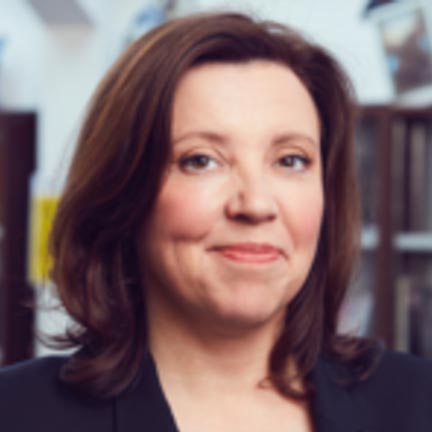 Children’s Commissioner Rachel de Souza said:
Children’s Commissioner Rachel de Souza said:
“The most fundamental responsibility that education settings have is to keep children safe. There needs to be a clear focus on preventing peer-on-peer abuse from happening in the first place, as well as providing timely and sensitive support to those affected. The contributors to ‘Everyone’s Invited’ showed great courage in sharing their stories of abuse and harassment. Now is the time for these stories to be met with action.
“I am pleased to see Ofsted calling for a whole school and college approach to this issue and I look forward to working with them, the Department for Education, education settings and their safeguarding partners to help make the commitments and recommendations set out in this report a reality.”
 David Hughes, Chief Executive, Association of Colleges said:
David Hughes, Chief Executive, Association of Colleges said:
“Colleges work hard to create safe environments for students to thrive in and will do whatever it takes to help eliminate sexual abuse and harassment. They strive to create a culture of safety, respect and consent in which every student can learn, live and be themselves. That culture is vital and as educators they recognise the responsibility they have to change our society by educating the next generation.
“Colleges want students to be confident to report sexual abuse or harassment – on or off-campus, knowing that it will be taken seriously but they also want young people to understand about sexual violence in society and about how to develop healthy and consensual relationships and to communicate their feelings and concerns about other people’s behaviours.
“Colleges are already working hard on this and will carefully read the report in order to review their own practices and learn from others. They are committed to helping young people to be part of safe, respectful and inclusive communities and making sure the cultural changes happen across every institution and in society more widely.”
Rose Caldwell, CEO of Plan International UK, says:
“It is appalling that so many girls and young women have experienced harassment in an educational environment. School, college and university should be a safe space for girls to learn. Instead, just like in high streets, parks and bus stops, they are facing relentless harassment every day and they want it to stop.
“It is vital that schools recognise and tackle this if we’re to end public sexual harassment in the UK. This can be done by educating boys on respect and consent, taking girls’ concerns seriously, and providing information and support on dealing with harassment.
“Boys can play their part too, by calling out harassment when they see it and being proactive bystanders. Only with a concerted effort from all sides will we finally end the scourge of public sexual harassment that blights so many girls’ lives, so that they can flourish both in and out of education.”
Peter Kyle MP, Labour’s Shadow Schools Minister:
“The Conservatives have known for years that girls, and some boys, are experiencing sexual harassment and abuse across our education system, but they have failed to take the actions needed.
“This review is welcome, but the challenge now is for the Government to deliver on these recommendations.
“Action is needed now. Another generation of children and young people cannot be left to suffer due to Government inaction.”
 Paul Whiteman, general secretary of school leaders’ union NAHT, said:
Paul Whiteman, general secretary of school leaders’ union NAHT, said:
“Ofsted’s review, whilst limited in scope, reveals a shocking prevalence and normalisation of sexual harassment and abuse between children and young people both inside and outside of school. We agree that the significant barriers around children and young people talking about incidents, even in schools which encourage and support this, mean we must all assume this is happening and be proactive in our response.
“The strength in Ofsted’s review lies in the voices of over 900 children and young people across 32 schools, who shared their views and experiences. However difficult, we must all listen to their reality and consider what role we can play in addressing the concerning issues they raise. School leaders now need to create opportunities to listen to the voices of their own pupils to inform the review, development and improvement of the preventative approaches and responses to incidents in their setting.
“We support the clear recommendations Ofsted makes for school and college leaders; sexual harassment and online sexual abuse must not be tolerated in any educational setting, but schools do need to be given the resources, training, support and guidance to implement their whole school approach effectively.
“Sexual harassment and violence is a problem that reaches far beyond the school gates. There is no doubt that schools can and should play a key role in this work, but they can’t solve it alone. We need government and other agencies to play their part too.”
 Dr Mary Bousted, Joint General Secretary of the National Education Union, said:
Dr Mary Bousted, Joint General Secretary of the National Education Union, said:
“Sexual harassment is still trivialised and normalised throughout society, and we urgently need to boost the focus around both preventing and responding to the sexual harassment which happens in every school and college. Listening actively to girls and women staff is crucial.
“The Ofsted review finds a very similar picture to that revealed by the work of the House of Commons Women & Equality Committee and by NEU research with UK Feminista over recent years.
“The NEU welcomes the importance Ofsted places on high-quality training for teachers delivering RSHE, and its highlighting that insufficient time is given to the subject. This is about getting the balance in the curriculum right. Proper support for schools to introduce the new RSHE curriculum can’t be done on the cheap. Teachers in the review shared their concerns about being asked to teach outside their subject specialism and we’d like the Department for Education to engage with this staffing challenge.
“Ofsted talk about the culture in schools and we agree a whole-school approach to tackling sexism is required, alongside encouraging reporting and open discussion of what harassment is. We support a much greater focus on sexual harassment in schools using the whole curriculum. Students must feel empowered to discuss and learn about sexism, report incidents and take action for equality.
“The DfE can play its part by showing better leadership in terms of the curriculum response and must increase its focus on the social aspects of learning. Many curriculum reviews in other countries have done so. One-off lessons aren’t going to be the answer – we need training, and guidance, to build staff capacity to understand, identify and tackle sexism on an ongoing basis. There is very little on this in teacher training currently.”
Cllr Anntoinette Bramble, Chair of the Local Government Association’s Children and Young People Board, said:
“Any incidence of sexual harassment or assault is abhorrent. No child should fear going to school, and we must all look carefully at how we can change the attitudes in our society that lead to this behaviour being normalised.
“Keeping children safe is everyone’s responsibility, and local safeguarding partnerships, including councils, health providers and the police along with schools will want to consider carefully the findings and recommendations of this report.
“Good quality relationships and sex education will be a positive step in ensuring young people understand what healthy relationships look like, and the importance of consent, respect and privacy. With pressure on teaching time following repeated lockdowns, it will be important to ensure time is protected for these important lessons.
“We also urge further work on how to properly tackle peer-on-peer abuse, and how to ensure designated safeguarding leads feel confident in dealing with instances of sexual abuse and harassment in their schools.”
Nicole Rodden, co-founder of Life Lessons, a company that supports schools to deliver a relationships and sex education fit for the modern world, said:
“The findings of this Ofsted report are sadly not surprising. For far too long, the standard of Sex Education in schools has been appalling.
“Words such as ‘shock’ ‘horror’ and ‘disgusted’ are being used to describe the scale of the sexual harassment problem in schools, yet for teenage girls this is unfortunately old news.
“Good Relationships & Sex Education (RSE) in the UK’s schools is no longer optional, but absolutely essential.
“It’s easy to blame schools and teachers but the entire infrastructure of RSE is fundamentally flawed, and deeply out of date. Current guidelines and methods of teaching Sex Education are not fit for purpose.
“In order to create meaningful change, we need to equip our teachers to have these important conversations in classrooms, yet almost half of all teachers say they do not feel confident teaching the subject.
“A dearth of PSHE (Personal, Social, Health and Economic) class time means these vital discussions are not taking place, which has played a big role in the destination we have arrived at.
“Young people continue to say that RSE lessons are not relevant or relatable to their daily lives and that they are not inclusive. Change is desperately needed, and quick.”
The Online Safety Bill will enshrine in law a ground-breaking new system of accountability and oversight of tech companies, where companies will need to prevent children from accessing minimise inappropriate content, such as pornography and online bullying.
Responding today (Thursday 10 June), the Department for Education has confirmed it will take forward work to strengthen the RSHE curriculum so that teachers are clearer on when different elements should be taught, such as sharing images online and consent, as well as updating statutory guidance to ensure that the definitions used are in line with what pupils understand and experience.
In addition, to ensure continuity in the offer of a safe space for victims of sexual abuse to receive professional advice or to refer matters to authorities, the NSPCC ‘Abuse in Education’ helpline will also run for a further four months until October.
Launched on April 1 alongside the Ofsted Review, the helpline will ensure that young people who may have experienced abuse at school or any other victim of recent or non-recent sexual abuse can receive the immediate support and guidance they require. As of Monday 7 June, the helpline has received 426 calls and helpline staff have made 80 referrals to external agencies like the police or social services.
A trial already running in 30 areas will be extended to up to 10 new local authorities to provide supervision for designated safeguarding leads, working with up to a further 500 schools, including independent schools, with a specific focus on sexual abuse.
The programme aims to strengthen support for Dedicated Safeguarding Leads, improve individual safeguarding practices and enable better joined up working across different agencies. The programme will also help build the evidence base on what works in supporting safeguarding leads. At the same time, work is underway to raise the profile of the role in the same way as the role of a SENCo.
All children have a right to be safe from sexual and other forms of abuse. The Government’s Stop Abuse Together Campaign is working to stop child sexual abuse, and offers support and guidance to anyone that needs it.
|
Ofsted recommendations for school and college leaders |
Government action: |
|
(1-1.3) To develop high-quality training for teachers delivering Relationships, Sex and Health Education; routine record-keeping and analysis of sexual harassment, online abuse, and sexual violence; and introduce a behavioural approach to reinforce a culture where sexual harassment are not tolerated.
|
The Department for Education will encourage schools to include training in the Relationships Sex and Health Education (RSHE) curriculum and statutory safeguarding guidance as part of a national INSET day for staff, in recognition of the depth of the problem and guide schools and school staff in their handling of sexual harassment and abuse.
Routine record keeping is already a requirement in the statutory guidance ‘Keeping Children Safe in Education’ (KCSIE) and we will strengthen the wording for clarity.
We will further strengthen KCSIE to be clear systems should be in place for children to confidently report abuse, knowing their concerns will be treated seriously and they can safely express their views and give feedback. These systems should be well promoted, easily understood and accessible.
|
|
(1.4-1.6) Working closely with Local Safeguarding Partners (LSPs) so they are aware of the range of support available to young victims and perpetrators of harmful sexual behaviour; provide support for Designated Safeguarding Leads (DSLs) such as protected time in timetables to engage with LSPs; training for staff and governors to better understand what sexual harassment and violence are, identify early signs of peer-on-peer sexual abuse and uphold standards in their response.
|
We will extend ongoing work by the What Works Centre for Children’s Social Care, working with a further 500 schools to support and supervise Designated Safeguarding Leads in up to 10 additional local authorities.
We are also already developing an online resource hub where DSLs can access relevant advice, and we will undertake further work to consider how to give greater status and support to DSLs, looking first at the model we have for Special Educational Needs Coordinators.
Training for staff and governors is a school/college responsibility. We will revisit the governance handbook to ensure clarity on what is and isn’t acceptable, and what good looks like.
|
|
Ofsted recommendations for government: |
Government action: |
|
Take into account the findings of this review as it develops the Online Safety Bill, so it can strengthen safeguarding controls for children and young people to protect them from viewing online explicit content and engaging in harmful sexual behaviour using social media platforms
|
The Department for Education will work with the Department for Culture, Media and Sport to make sure the Online Safety Bill addresses safeguarding controls, and to identify if there are actions that can be taken more quickly to safeguard children and young people online wherever possible.
Additionally, the Education Secretary has asked the Children’s Commissioner to lead immediate work to look at how we can reduce the access children and young people have to the violent sex practices and issues of consent shown in online pornography, as well as other harmful content online. |
|
Establish better coordinated arrangements between the Education and Skills Funding Agency (ESFA), Ofsted and ISI for how complaints about schools that inspectorates receive are dealt with
|
The Department for Education is working closely with ESFA, Ofsted and ISI to better coordinate arrangements and complaints.
From September, ISI have agreed to pass on all information on complaints about schools not meeting Independent School Standards to the Department.
ISI has also produced new guidance for schools, which is clear about the complaints process for inspection. |
|
Strengthen the ‘Working together to safeguard children’ guidance to make the involvement of all state and independent schools and colleges with LSPs more explicit, including their engagement in multi-agency safeguarding audits
|
The Department is working on this guidance and collaboration as part of our work with the Safeguarding Children Reform Implementation Board.
We will continue to work with safeguarding partners on any proposed revisions. |
|
Produce clearer guidance for schools and colleges to help them make decisions when there are long-term investigations of harmful sexual behaviour, or when a criminal investigation does not lead to a prosecution or conviction
|
We have strengthened our ‘Keeping children safe in education’ (KCSIE) guidance to be even clearer on how schools and colleges respond to reports of abuse against or among their own pupils but away from their premises, and on sexual violence and sexual harassment advice.
We will:
|
|
Review and update the definitions of sexual abuse, including peer-on-peer, to better reflect the experiences of children and young people
|
We have removed terms such as ‘sexting’ from the latest guidance, based on feedback from dialogue with Ofsted and others, reflecting the language young people recognise.
We agree to work across government and with Ofsted to consider further updates to definitions of terminology, to better reflect children and young people’s experiences. |
|
Develop an online hub where all safeguarding guidance is in one place, with any updates made clearly visible and ideally made in good time in the school year to aid with planning, in partnership with others:
develop resources to help schools and colleges shape their RSHE curriculum
|
All safeguarding guidance is currently available on gov.uk.
We are also keeping the NSPCC helpline open until October so children and young people feel confident they will be heard, and that action will be taken should they come forward to tell any adult about abuse or harassment.
The Department is working on an online hub for Designated Safeguarding Leads in schools and colleges to better share advice and planning, and we are exploring how the hub can be broadened to further address resources and training.
The Education Secretary has also announced that alongside Ministers, the Department will hold a roundtable event with some children and young people to know how their experiences can be reflected in the interventions we introduce. This work will help to inform the content of any communications campaigns and other future work. |



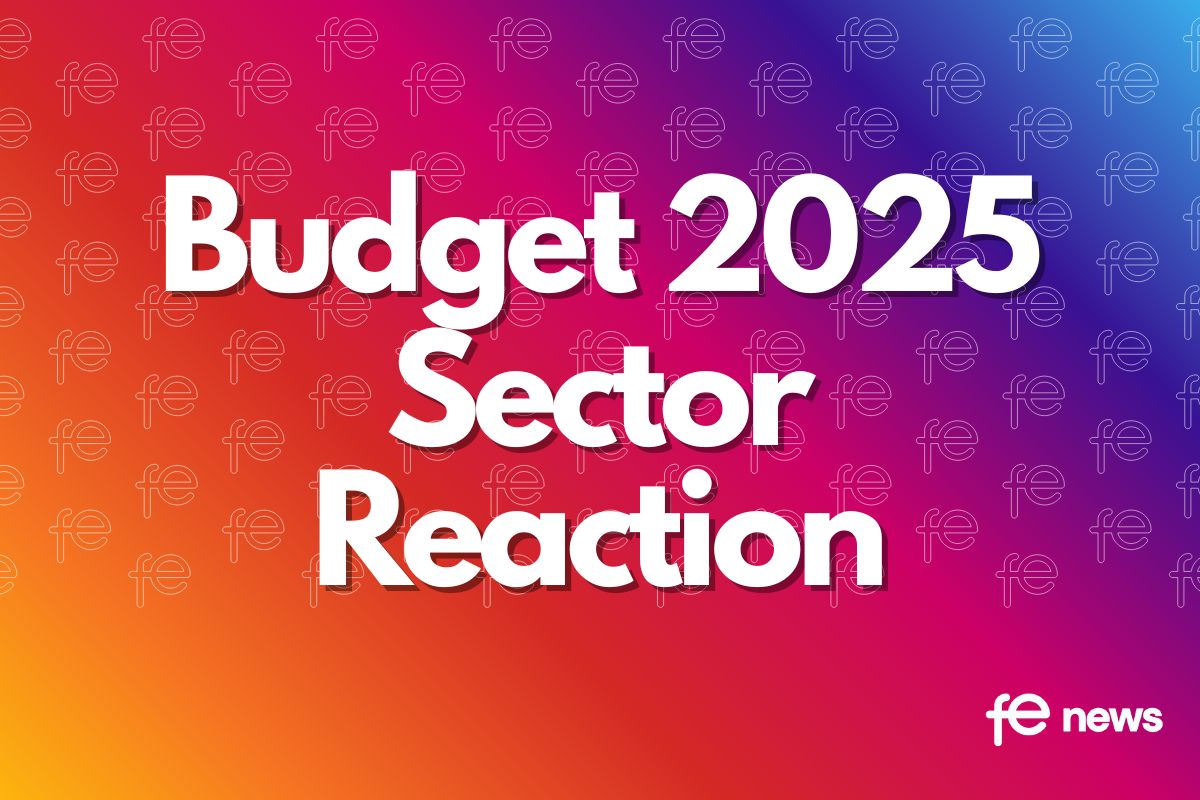
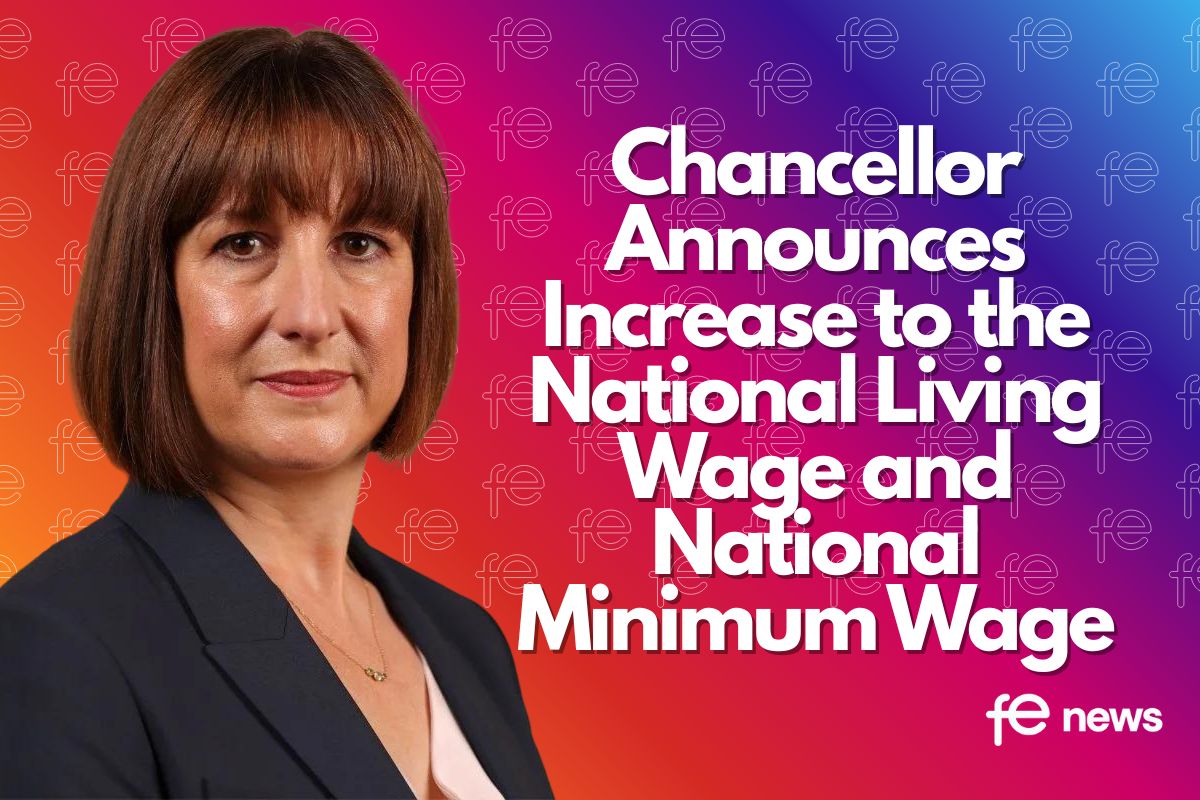
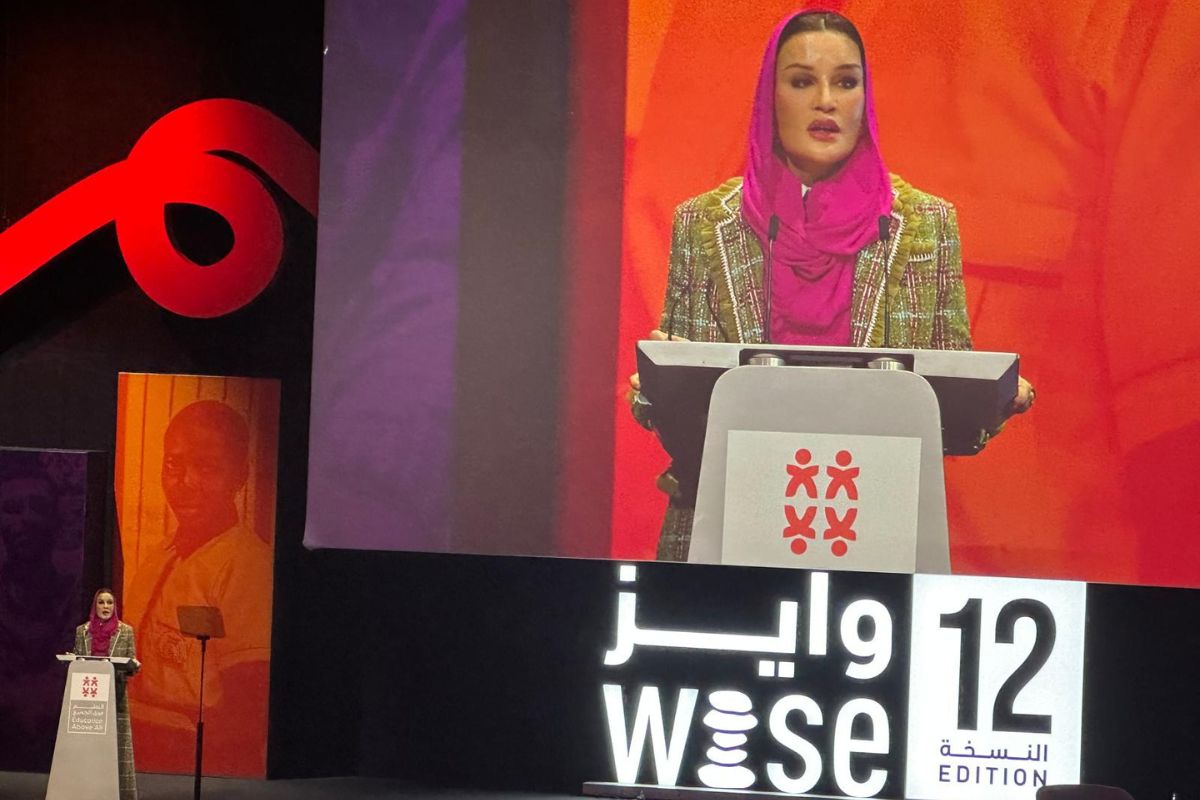


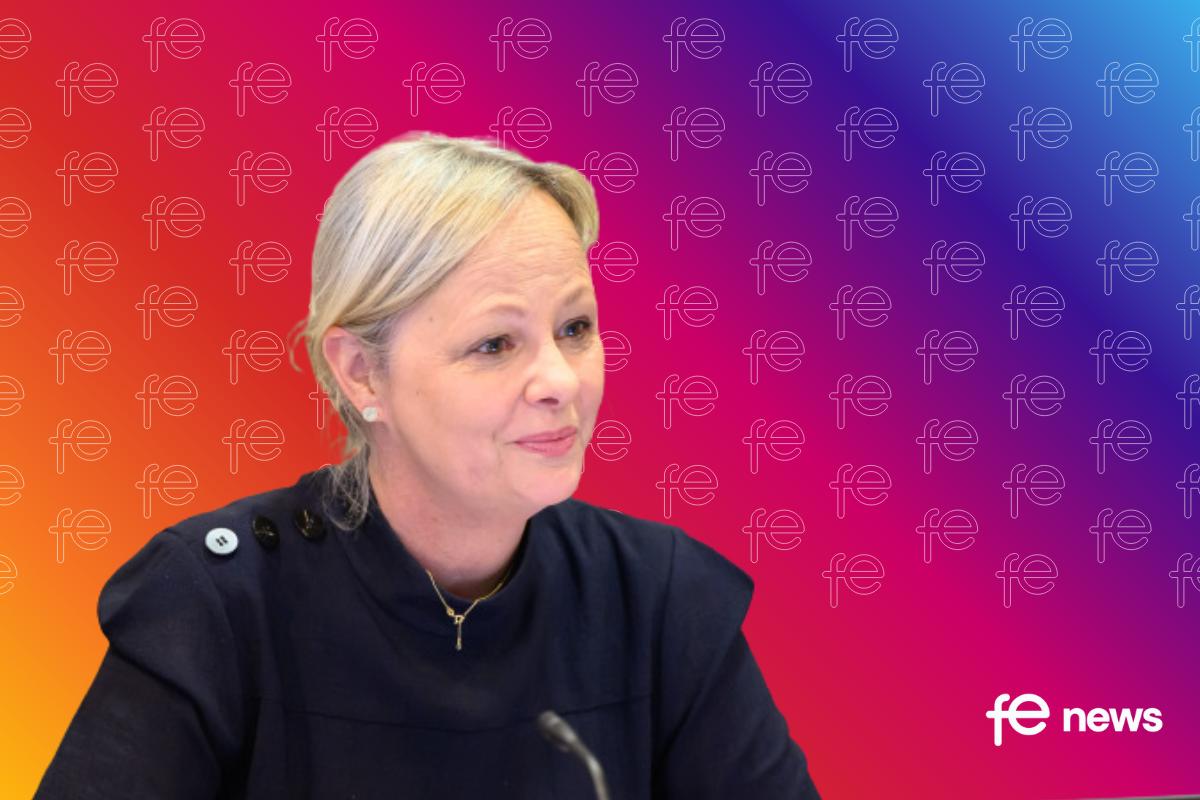

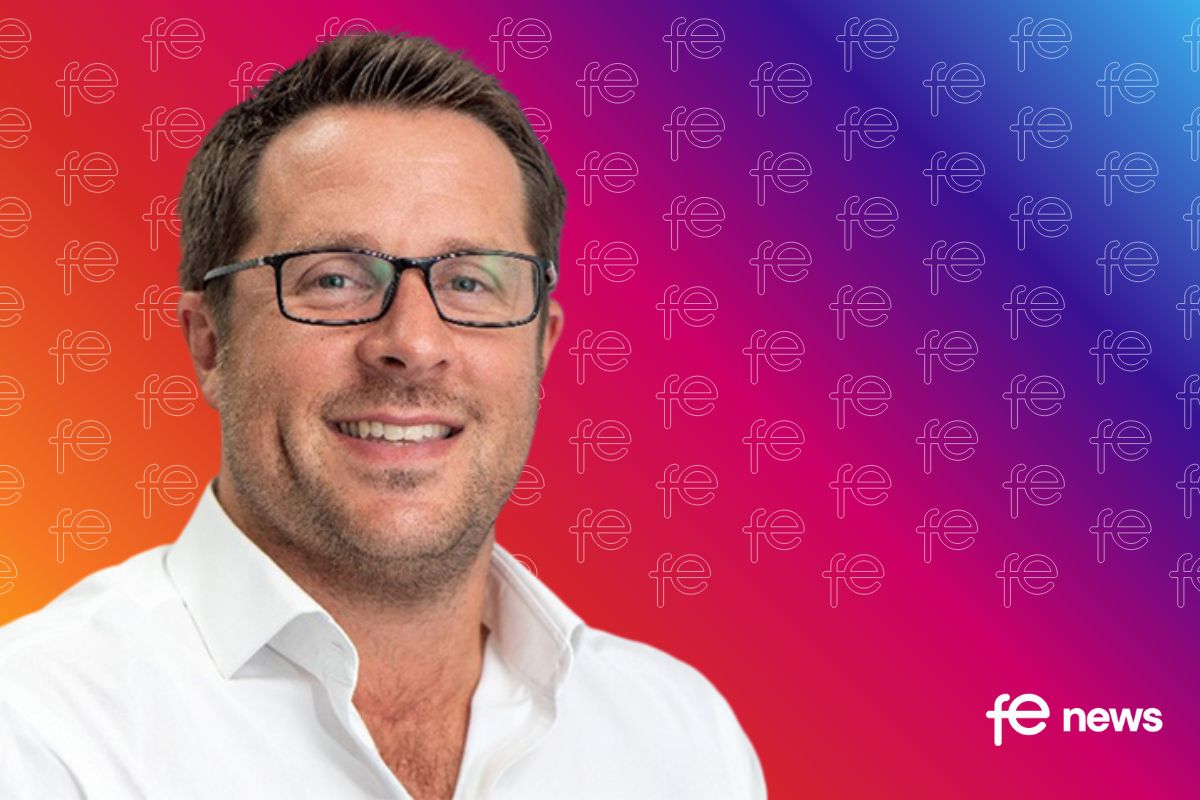
Responses